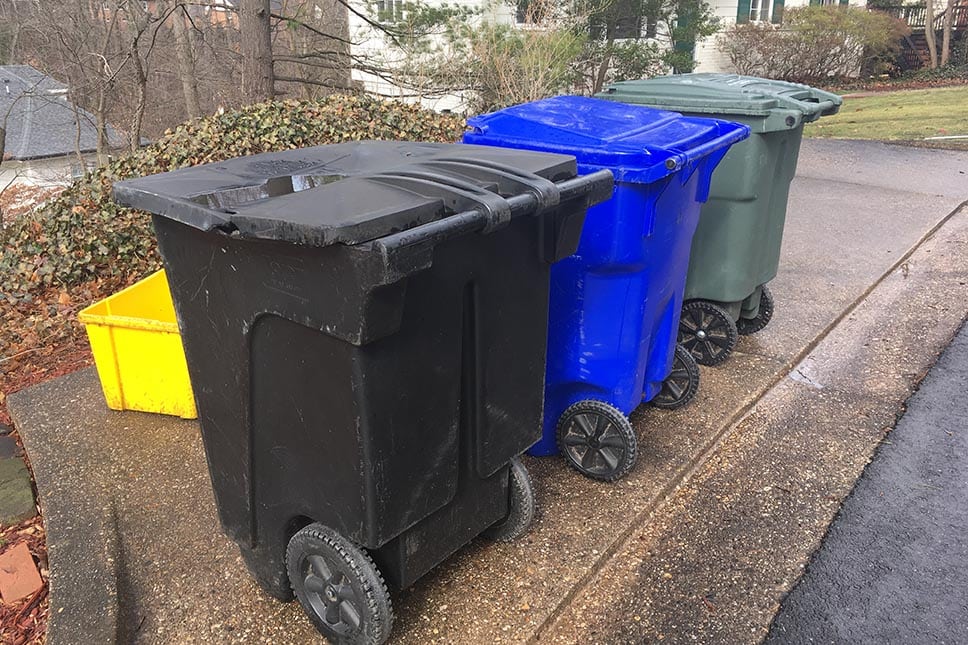
The Recycling Inclusion Fund already has several projects underway, including foundational research and a multi-family recycling project in Orlando, Fla. | Thanatos Media/Shutterstock
The Recycling Partnership is working to close the equity gap in recycling access and address other racial issues with a Recycling Inclusion Fund.
The fund will address racial disparities and systemic challenges in the U.S. waste and recycling industries by providing access, education and career opportunities, according to the nonprofit group.
According to The Recycling Partnership’s 2021 Paying It Forward report on the state of the U.S. recycling system, 4 in 10 single-family home residents lack equitable recycling access, and 7 in 10 who live in a multi-family property or rural community lack access.
“With awareness that Black, Indigenous and People of Color (BIPOC) have historically been underserved and under-supported in their communities, the Recycling Inclusion Fund aims to provide the resources and tools residents need to live a more sustainable life,” a press release said.
The Recycling Inclusion Fund will take contributions from partners and use them to research the state of recycling access and participation in historically disadvantaged communities; make infrastructure and education improvements; and create leadership and training opportunities in the sustainability sector for recent college graduates.
So far, seven funding partners have agreed to support Recycling Inclusion Fund initiatives: 3M, Arconic Foundation, The Coca Cola Company, Cox Enterprises, Kroger’s Zero Hunger Zero Waste Foundation, Procter & Gamble and TAZO.
Several projects have already started, including foundational research and a multi-family recycling project in Orlando, Fla. that has multilingual, culturally appropriate education materials, the press release said. The Fellowship Through Partnership program will also launch in 2022 to provide career training opportunities to diverse candidates in the waste and recycling industry.
“This work addresses a pressing need within the industry – using our robust data and research, we can transform the system to amplify the power we know exists in communities of color,” Jessica Levine, diversity and inclusion manager and founder of the Recycling Inclusion Fund, said in the press release. “This initiative is changing the way we understand, approach and address system inequalities in recycling.”
More stories about industry groups
- Analysis: Recycling needs more voices in the room
- Colorado approval signals path forward for PRO choice
- Triple-digit revenue gains propel ABTC’s expansion



